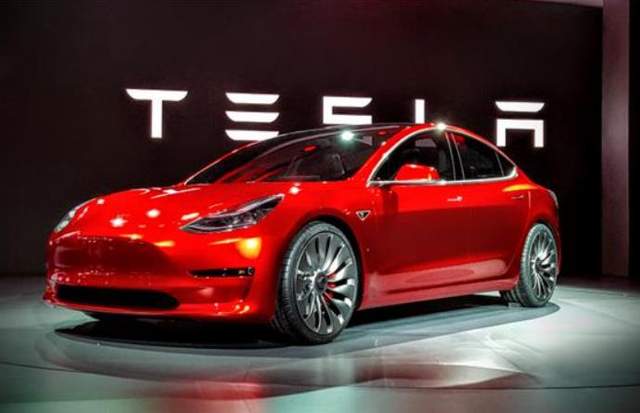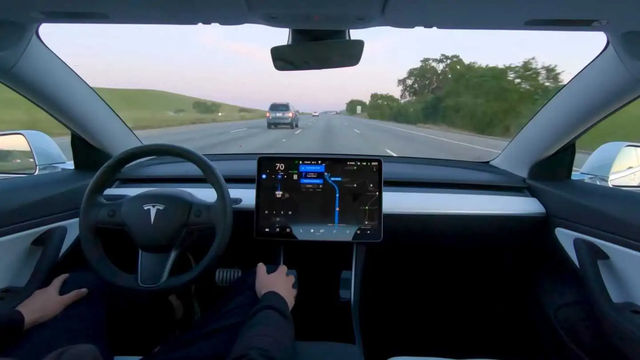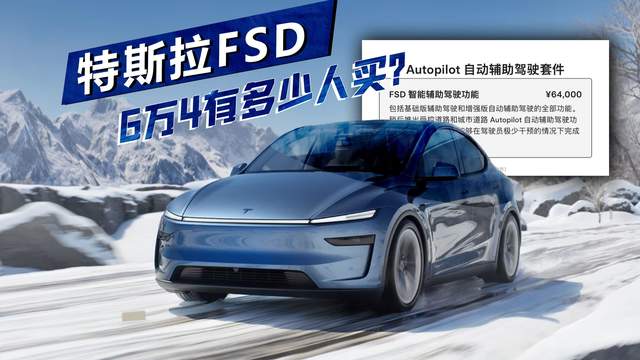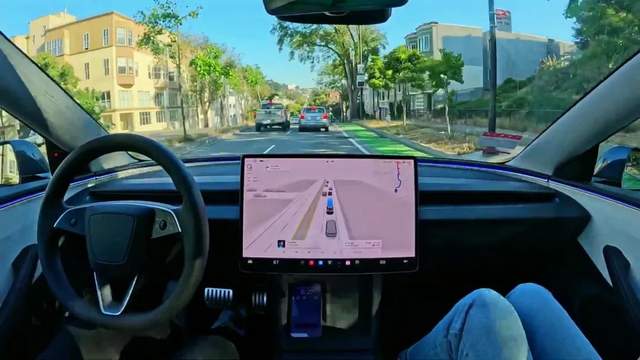Tesla's FSD Arrives in China: Anticipated 'Catalyst' or $9,500 'Intelligence Tax'?
![]() 03/04 2025
03/04 2025
![]() 475
475
In 2019, Tesla made a bold move by establishing a factory in China, aiming for localization.
Many deemed this entry as a 'shark's leap' into the Chinese new energy market, demonstrating the true impact of a catalyst. Tesla's presence in China posed unprecedented challenges to local new energy vehicle manufacturers.
Subsequently, under Tesla's pressure, domestic new energy vehicles thrived, engaging in fierce competition. To some extent, Tesla's presence accelerated the advancement of China's new energy vehicle industry.

Now, Tesla has introduced another groundbreaking feature to China: FSD (Full Self-Driving).
Although it is marketed in China as the 'FSD Intelligent Assisted Driving Function' rather than full self-driving, it still generates excitement.
This is because FSD, previously acclaimed in North America, is the world's first end-to-end autonomous driving technology and one of the most advanced globally.

Many anticipated that FSD's entry into China would replicate Tesla's 2019 impact, serving as a 'catalyst' in China's autonomous driving technology sector, significantly influencing the market and propelling China's autonomous driving technology forward.
However, following testing, what was expected to intensify pressure on domestic automakers due to FSD's introduction has instead been perceived by many as a $9,500 'intelligence tax'.
One reason is the steep price tag of $9,500 in China, significantly surpassing other domestic automakers. Many domestic vehicles offer autonomous driving as a standard feature across their entire lineup, often at no additional cost. Even when charged, it typically amounts to just a few thousand dollars, paltry compared to $9,500.

More critically, after numerous tests by media outlets and bloggers, FSD has proven to be quite 'lacking'. It struggles to recognize one-way streets, bus lanes, and makes erratic lane changes. In some instances, it fails to recognize traffic lights...
Many bloggers lamented that after an hour of testing, all 12 points were deducted. Compared to domestic new energy vehicles' autonomous driving technology, FSD falls short. Paying $9,500 for such performance feels like an 'intelligence tax'.

Some argue that since Tesla relies on vision technology and artificial intelligence algorithms, it requires vast amounts of data for training. As a newcomer to China, data accumulation is still insufficient. However, with more data, FSD could rapidly improve.
Whether this will materialize remains uncertain. But if FSD fails to compete with domestic vehicles in China, it may not serve as a 'catalyst' but indeed become a $9,500 'intelligence tax'.







